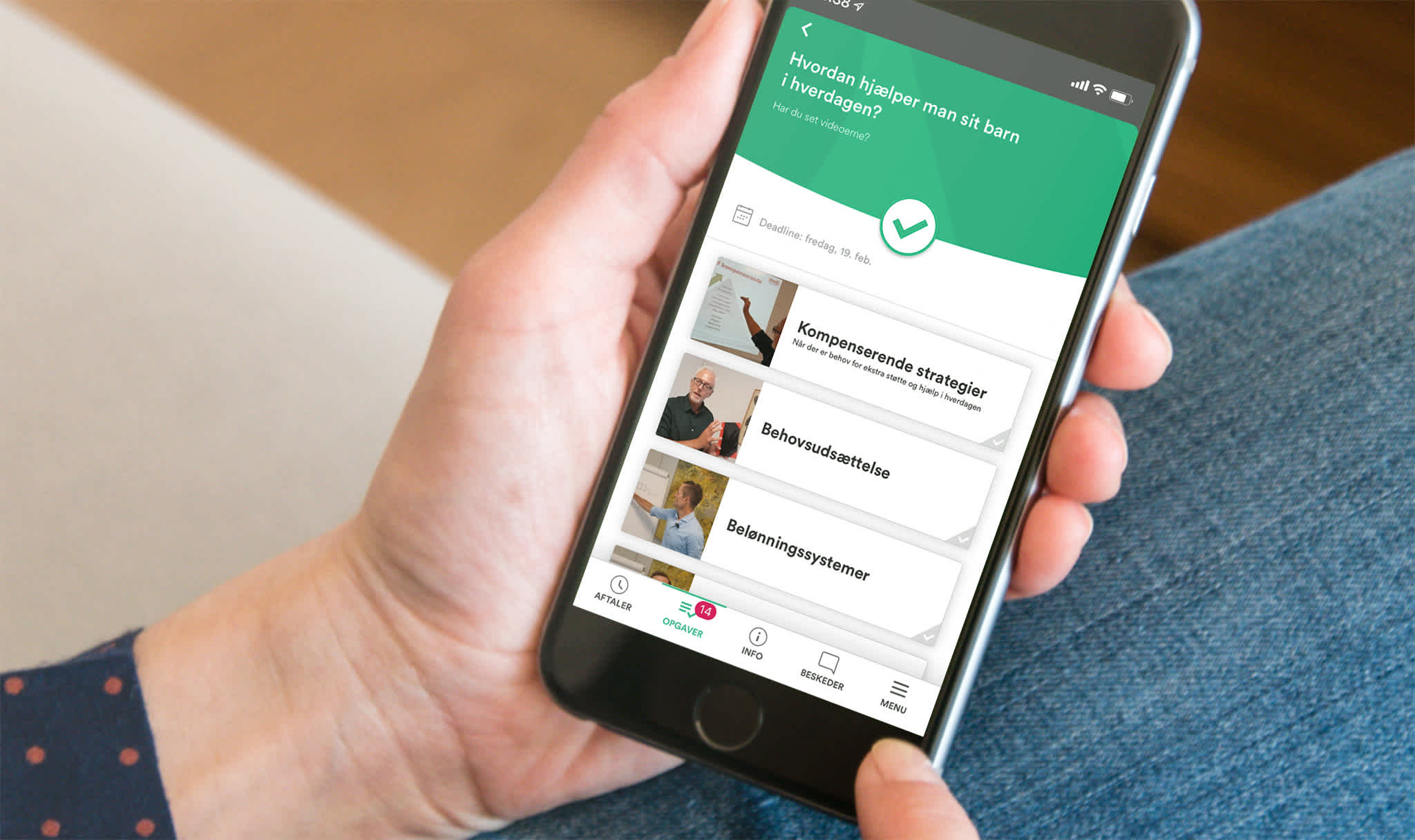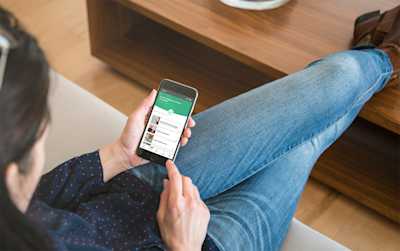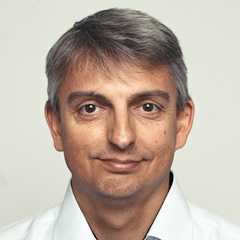
Department of Child and Adolescent Psychiatry offers a patient guide to parents of children with ADHD
The Department of Child and Adolescent Psychiatry, Aarhus University Hospital (BUA), Skejby offers parents of a child with ADHD or ADD an app with a care guide. The aim is to offer parents psychoeducation - that is, knowledge and learning about their child's diagnosis. But knowledge is not only shared externally. Working with the app's content has also provided valuable learning internally, just as BUA sees an opportunity to use the app's content to train newly trained staff.
From week 43, 2020, the Department of Child and Adolescent Psychiatry, Aarhus University Hospital (BUA), Skejby, started offering parents of a child with ADHD or ADD a digital care guide. The app is a digital supplement to the course of treatment and psychoeducation that the department offers to parents, children and adolescents who come to it.
The digital care guide works by the recipient receiving small videos, texts, tasks, etc. in planned chunks in a time course composed and determined by BUA. It is the right knowledge at the right time, and the care guide makes it possible to return to the information, including videos on, for example, introduction to medical treatment or conflict management. You can rewatch the videos or other material as often as you want, and parents and children/young people can control when they prefer to receive new information and with whom they want to share it.
However, according to Mona Hesselberg Werdermann, project coordinator, nurse, SD, MSc. from BUA, the transfer of knowledge has not only happened from staff to parents, the work with the digital care guides also creates learning internally at BUA.
- The employees who have been involved in the first process have gained a lot of energy from it and have felt that it has been a very exciting task,
says Mona Hesselberg Werdermann. The work on the app has been done by bringing together the many different disciplines working in child and adolescent psychiatry.
- The interdisciplinary approach has probably been particularly effective in the development process, because it became clear when all professional groups, including doctors, educators, nurses and psychologists, sat together what language they used and what routines they had in relation to communication. It was good when they had to write the texts and when they had to agree on what the videos should be about - it was really effective for them,
says Mona Hesselberg Werdermann.
Despite their broad professional skills, social media and video performances are not usually part of their repertoire, but this has not been a problem.
- We have an incredible number of dedicated employees who are keen to impart knowledge and who are extremely skilled at communicating difficult material in an educational way. There have been a lot of people who have wanted to stand up and talk on video. There are also some who have found it more difficult to take part in a video, but once you've tried it a few times, the focus shifts from the medium itself to the content," says Mona Hesselberg Werdermann and adds: "We have made a lot of effort to look natural. You can say some mistakes during a video and be just as you would be when you were sitting across from the patient and parents in the examination room. Speak at eye level and use everyday language.
According to Jakob Paludan, Senior Consultant at BUA, further digital care guides for autism and Tourette's are planned so far, and the aim is to exploit the advantages of the digital medium, including learning from what parents and patients look at and find relevant to return to based on data on user behavior.

- Apps with care guides are accessible in a different way. They can be shared more widely, you can see it with more people, you can see it repeatedly, so it takes on a different life and a different meaning in the life of the child and the parents. We will continuously use the user information to develop our digital care guides. We have agreed that we will run it for a period of time and then we will gain experience from it. For example, there may well be material that needs to be redesigned and have a different focus,
says Jakob Paludan.
He sees the work with the care guides as an ongoing process, which must first and foremost be adapted to the needs of patients and their parents in order to provide optimal psychoeducation, but which can also open up opportunities to learn from each other internally. For example, recent graduates and new staff can gain insight into how to provide guidance to parents.
- You can end up using some technical terms that you really take for granted that everyone understands them, because it has become a natural part of your self-understanding to talk in that way. But when you hear it from a patient or relative's perspective, it becomes quite clear to you that those words are not understood. So the trick is to be a professional with the professional knowledge and vocabulary you have in professional contexts and to constantly translate it to where it needs to be used. So maybe there are videos that need to be reworked at some point. It becomes clearer and creates internal learning. It is also an inspiration for younger colleagues who are giving guidance to parents for the first time. It is obvious to see what more experienced colleagues are saying. The solution is not yet fully rolled out, and we are just getting started, but we will look at how the various apps can also be used as internal learning,
says Jakob Paludan.

Want to learn more?
You are very welcome to contact Allan Juhl, if you want to learn more or book a demo
Email: allan@emento.dk